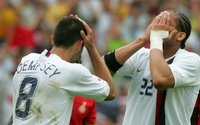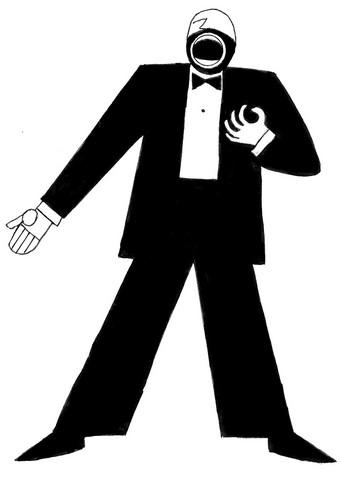Read some interesting articles lately, one by
Allan Kozinn in the New York Times, and one by
Sasha Frere-Jones in the New Yorker.
Kozinn challenges the notion that classical music is dying, pointing to the rise of online classical music sites and concert venues. To me the article seemed slightly over-optimistic (I still think the average person is pretty out of touch with "classical" music as a whole), but I was particularly taken by his take on ticket sales. Kozinn contends that just as many tickets are being sold, but in the form of last-minute purchases rather than season subscriptions. I think season subscriptions, unless they offer significant discounts, are kind of outdated. Many people, myself included, would rather decide on going to a concert that afternoon than months in advance. So many groups I have been in have lamented the loss of subscriptions, but what if they actually marketed to last-minute buyers? This is the beauty of a web-service like
Philly Fun Guide which releases tickets at a discount in the days preceding plays and concerts. The Philly Orchestra has done something similar with their "power hour" rush-ticketing policy. Maybe it's time for more smaller groups to do the same thing...
Frere-Jones wonders why more British pop acts have met with limited success in the US. He attributes this to the slightly darker edge of some Brit pop and also the specificity of the subject matter. I've been wondering why people here know every Robbie Williams song (even if they don't want to) but many Americans I've spoken to say "Robbie, who?" I regret that I have not immersed myself deeper in what's on British pop radio at the moment, but then again I didn't do that that often in America either. That's what the free MTV2 in my Philly apartment was good for...
Been reading a bit more for my research. Saint-Saens was an interesting guy and came into contact with
everybody. (Liszt, Wagner, Berlioz, Faure, Ravel, Debussy). I think he may end up being the glue that holds this whole thing together...


